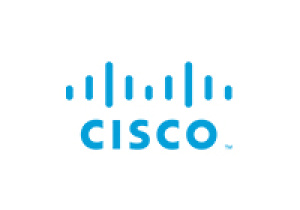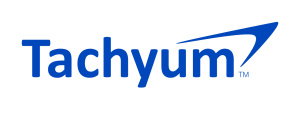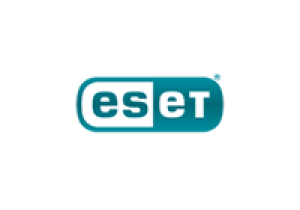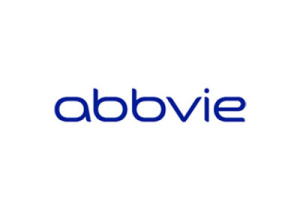
Marek Zeman
Marek Zeman has extensive experience in information security management, design, protection and implementation of security systems in the financial sector. He specializes in process management in security awareness raising, security monitoring management and log analysis with a focus on finding patterns of behavior and correlating them. He deals with new directions of information security, which are linked to modern technologies such as artificial intelligence, autonomous control and robotics. He focuses on assisting public authorities in raising awareness and implementing changes in relation to information security. He is the chairman of the Information Security Commission at the Slovak Banking Association.
Sign in to Autumn ITAPA 2024
-
Discussion "Cyber security doctrine " | Jarná ITAPA 2024
-
Strategický pohľad na bezpečnosť (celoživotné vzdelávanie) | Jesenná ITAPA 2023
-
DISCUSSION "AI help - applied artificial intelligence helps in detecting CyberSec threats" | Jesenná ITAPA 2023
-
Discussion | Medzinárodný kongres ITAPA 2020
Discussion of invited speakers:
Peter Bielik, Národné centrum zdravotníckych informácií
Ramses Gallego Iglesias, MicroFocus
Martin Lohnert, Void SOC
Marián Trizuliak, ZSDIS
Marek Zeman, Tatrabanka -
Discussion | Medzinárodný kongres ITAPA 2020
Dicussion of invited guests:
Ján Andraško, Binary Confidence
Roman Čupka, Flowmon Networks
Marek Kľoc, LYNX
Peter Kočík, FORTINET
Július Selecký, ESET
Marek Zeman, Tatra Banka -
FaceRec (facial biometry) – Success Story | Medzinárodný kongres ITAPA 2015: No Borders
The Tatrabanka, currently the most innovative bank in Slovakia, together with the Atos company, and in cooperation with the Ministry of Interior of the SR, have successfully conducted a unique project of using the biometric facial recognition in the banking processes. In this presentation you will observe the trends within the given area as well as a success story of a real project conducted in Slovakia in the banking sector, which can serve as the inspiration and the stimulus for the implementation of this technology also in other sectors, including the state administration.




















